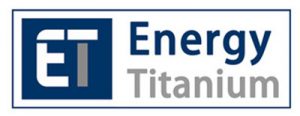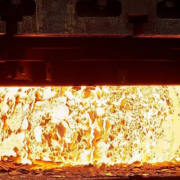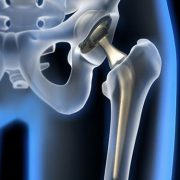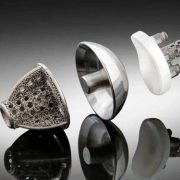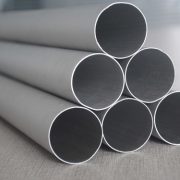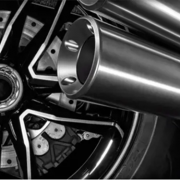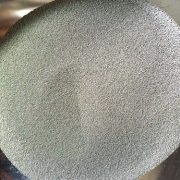Archive for year: 2022
Surface Biological Modification Techniques For Tiatnium Biomaterials
/0 Comments/in Blog /by ENERGYTITi 6242: A High-performance 3D Printed Titanium Alloy
/0 Comments/in Blog /by ENERGYTITitanium alloy powders have been used for excellent performance parts making and, the most common grades are Ti6Al4V, but under some conditions, there are some better options such as TI-5553 and TI-38644 as well as titanium alloy Ti-6242 (Ti-6Al-2Sn-4Zr-2Mo-0.08Si), which is suitable for high performance and high-temperature applications. Its density is 4.5g/cm³, which gives it a good strength/weight ratio, the Ti-6242 combines good mechanical strength and high-temperature resistance, making it a material that is difficult to produce with conventional techniques and can be used in aerospace, military, nuclear and motorsports industries. It will be discussed in this paper.
Ti 6242 Chemical Composition(AMS/SAE 4919)
| Al | 5.5-6.5 |
| Zr | 3.6-4.4 |
| Mo | 1.8-2.2 |
| Sn | 1.8-2.2 |
| Si | 0.06-0.1 |
| O | ≤0.12 |
| C | ≤0.05 |
| H(3.1.3) | ≤0.05 |
| Residual elements, total(3.1.1) | ≤0.3 |
| Titanium | Remainder |
The chemical composition of Ti-6242 is shown in the above table. It can be used in commercial and military aerospace as well as nuclear power industries where components require excellent high-temperature stability and are lightweight (such as engines, turbine components, afterburner structures, high-pressure compressor blades and fuselage hot ends) are essential for overall performance. Some cold end areas will only need titanium alloys with low-temperature properties, while hot end areas will benefit from the high-temperature stability provided by the TI-6242. These applications require different materials, so it is crucial to choose the right material according to the operating temperature requirements. Meanwhile, TI-6242 is the first titanium alloy specified by the AMS (American Aerospace Materials) specifically for additive manufacturing applications. Compared with other titanium alloys with the same particle size distribution, TI-6242 has higher oxidation resistance and safety and is easier to process.
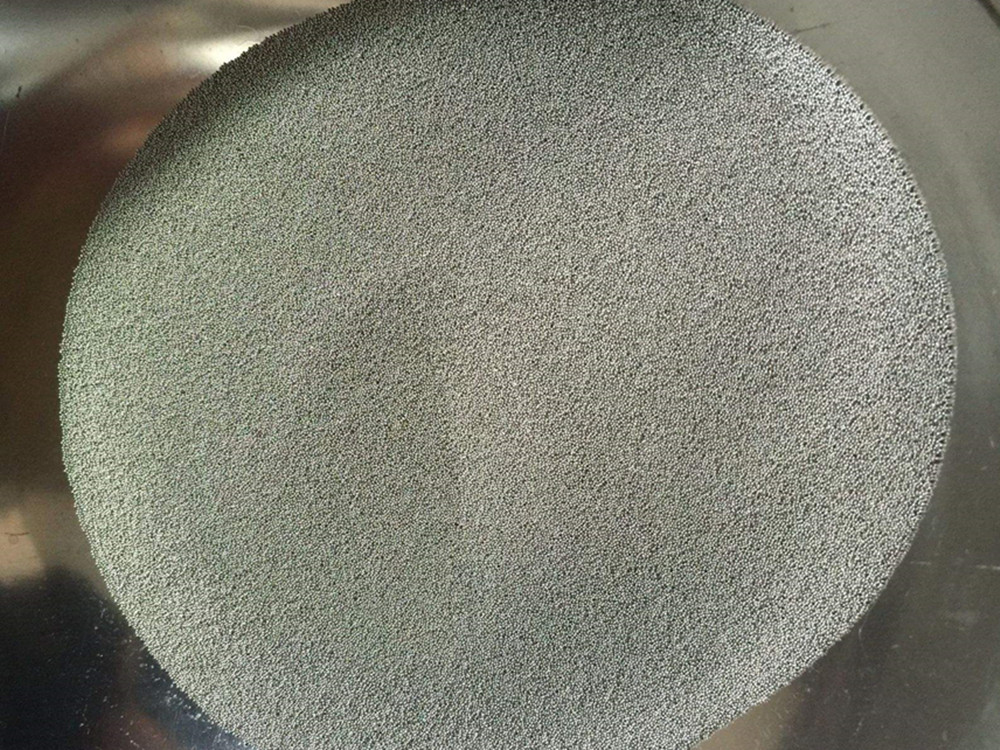
The TI-6242 has excellent high-temperature stability, with creep resistance up to 500-550°C, meeting the strength requirements for high temperature and creep resistance applications. While other common titanium alloys, such as Ti6Al4V, typically operate at 350°C, TI-6242 is capable of operating at much higher temperatures (ranging from low temperatures to 500°C), even with different temperature variations in some extreme cases. The challenge in aerospace has always been to try to achieve the highest mechanical performance at the lowest possible weight at the highest temperature. Nickel-based superalloys are commonly used in the hotter region, while their dense are twice as TI-6242, can be used to reduce the weight of engines in the aerospace industry while still meeting temperature requirements. These features are also suitable for the racing industry, where the lightweight provided by the Ti-6242 helps improve engine performance and fuel efficiency. Therefore, TI-6242 can be an effective substitute for steel and nickel-based superalloys.
The 3D printing powder TI-6242 meets the medium-high temperature design suitable for high-speed rotating engines but is still challenging because it is prone to cracking due to residual stresses. Highly spherical powders will improve machinability and help keep the printing process stable and prevent cracking. The fatigue properties of materials are very sensitive to defects, how to reduce defects in additive manufacturing is a good way for the raw materials optimizing. In addition, the mechanical properties of spherical powder TI-6242 can be regulated by the cyclic heat-treatment process.
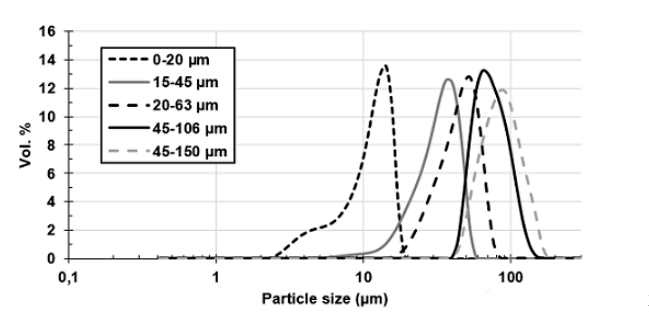
Ti-6242 powder with different particle sizes produced by AP&C
AP&C, a powder manufacturing company of GE Additive, specializes in reactive materials, especially titanium powder is the pioneer in Ti-6242 manufacturing. Italian 3D printing service provider, BEAMIT, also researched it and shows that the Yield strength of TI-6242 produced by L-PBF is about 1000MPa at room temperature and remains above 600MPa at 550°C, These properties are comparable to those of forging ti-6242 and IMI834, one of the highest performance titanium alloys at high temperatures. In the study of the Singapore Institute of Manufacturing Technology, a cyclic heat treatment process for the preparation of spherical α phase in laser-assisted additive manufacturing of near α titanium alloy TI-6242 was proposed and verified. The element diffusion between α and β is the driving force for the formation of the spherical α phase in laser-assisted additive manufacturing ti-6242 alloy. Through the formation of spherical α phase, the strength and elongation of laser-assisted additive manufacturing Ti-6242 alloy were controlled, which reached the requirements of AMS 4919J (yield strength ≥827 MPa, elongation ≥10%). The TI-6242 corresponds to the Chinese GB TA19, which can be supplied by several titanium alloy powder manufacturers in China.
Energy-Ti Company
Products
INDUSTRIES SERVED
Contact Details
- Address: No.68, Weibin Road, high-tech development zone, Baoji City, Shannxi Province, China
- Tel: +86 029-8229 8551
- Email: [email protected]
